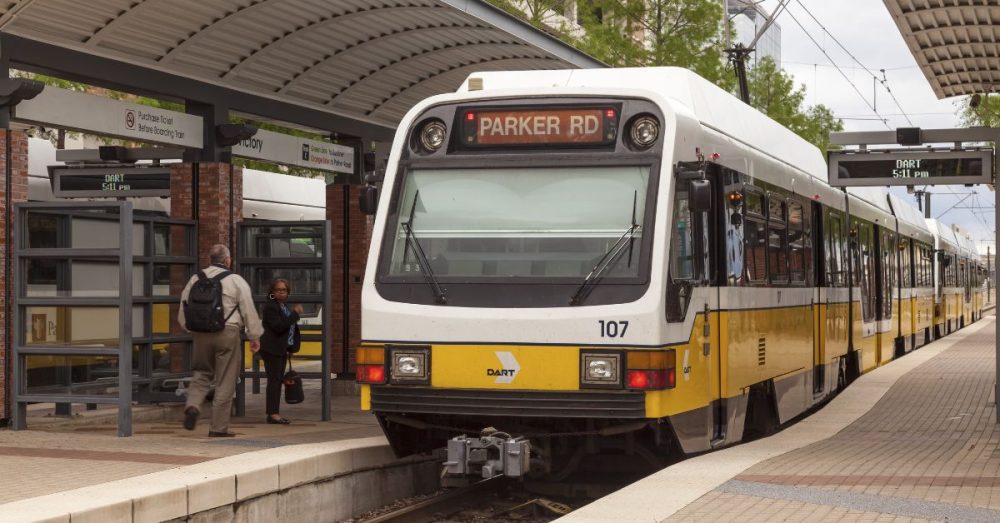Local public transport riders are pushing back against the proposed cuts to the Dallas Area Rapid Transit budget.
On Saturday, over 30 North Texans gathered in Downtown Dallas to strategize against a potential 25% reduction in DART funding from several member cities.
In recent weeks, around half of DART’s member cities have shown a desire to reduce their financial contributions to the agency.
For instance, the city councils of Carrollton, Farmers Branch, Irving, Plano, and Rowlett have all expressed intentions to cut their contributions. University Park has deferred a decision, while Dallas City officials are contemplating reallocating DART revenue to address a shortfall in the City’s pension fund, according to KERA News.
As previously reported by The Dallas Express, Farmers Branch and Carrollton were the most recent member cities to have passed resolutions endorsing a decrease in sales tax contributions to DART.
However, those in attendance at the gathering on Saturday aim to counter these initiatives with education and awareness-building initiatives.
Connor Hulla, who co-founded a new pro-transit advocacy group, emphasized the urgency of the campaign. Through an online petition, the group is urging DART’s board of directors to reject any plans to cut sales-tax contributions.
“The main goal [is] to talk to city council members or staffers because we want to make sure that they’re hearing from people on how they feel about the proposed budget cuts that are being talked about,” he told KERA.
Tammy Greenberg of South Dallas, a DART rider for nearly two decades, also attended the meeting on Saturday. She explained how she has witnessed firsthand the negative effects of past service reductions.
“I work seven days a week and I’ve even had to walk from Akard Street to CVS [on] Main Street, because there’s no buses on Akard anymore on the weekends, and then they cut midday [service] on the weekdays,” she said, per KERA.
In response to the looming budget cuts, Hulla’s group plans to form committees across DART’s member cities. These committees will meet monthly to coordinate advocacy efforts and monitor city council agendas as the September decision approaches.


